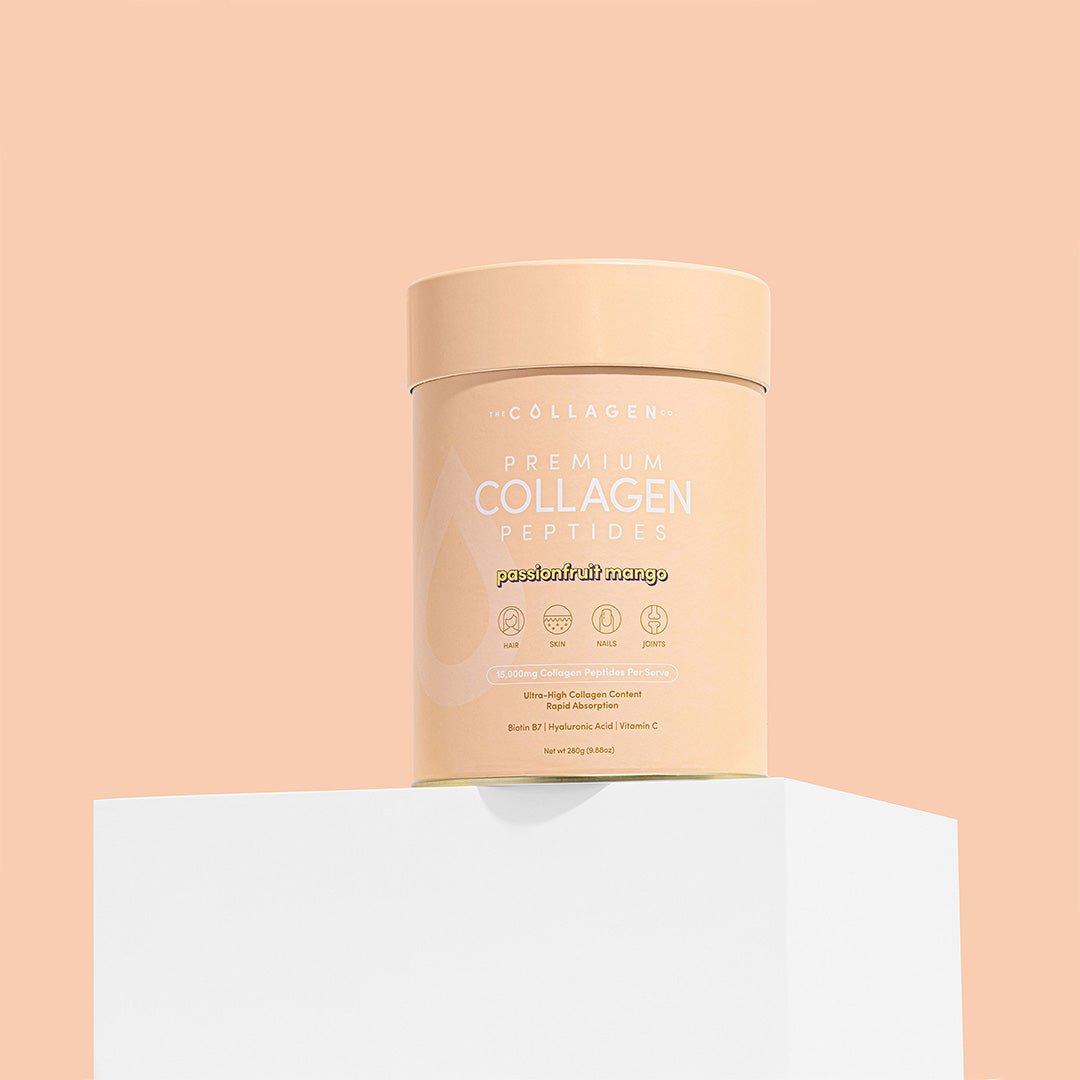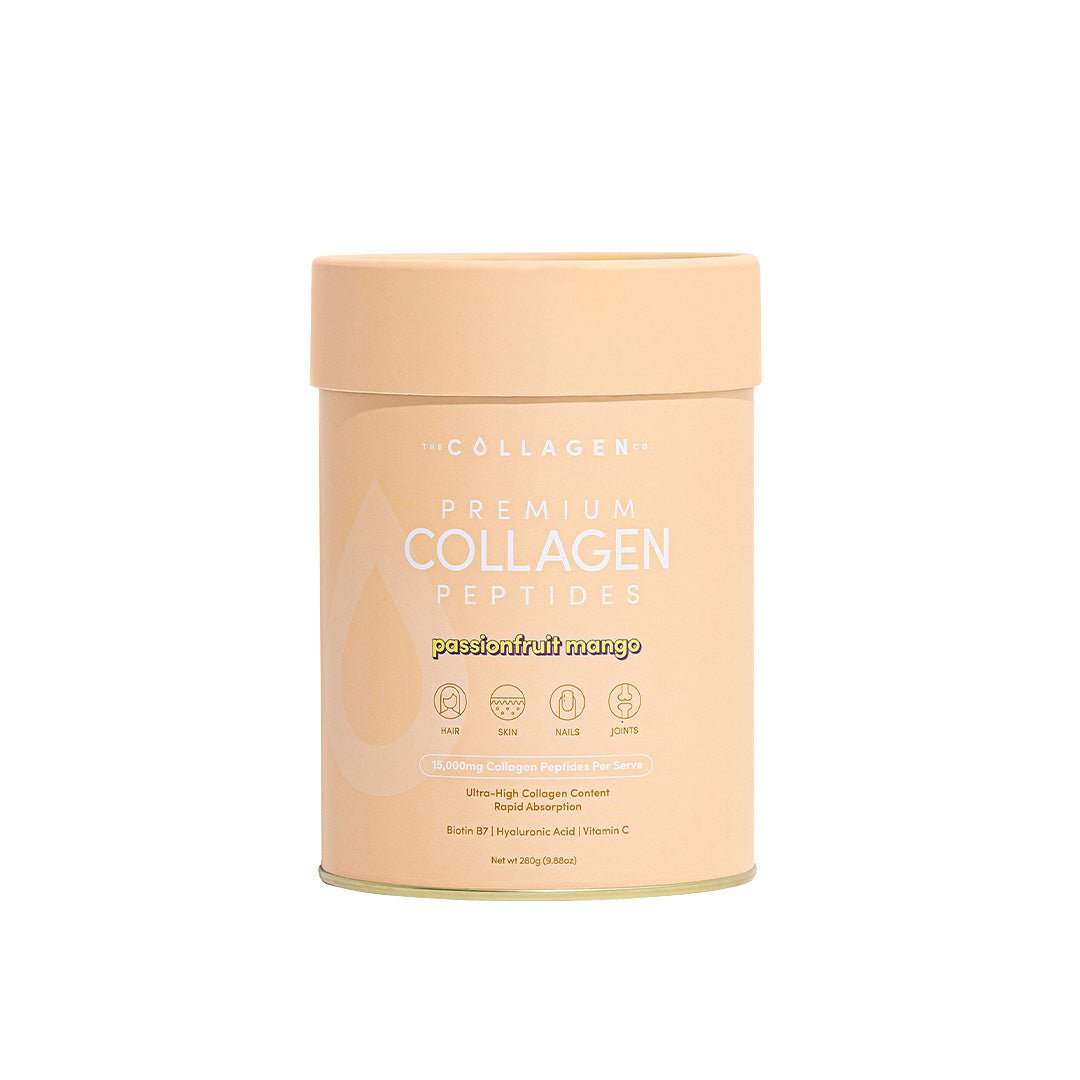Bloating: Causes And Natural Remedies For Quick Relief
Posted 29th April 2025

In most cases, bloating is nothing to worry about. But still. It’s uncomfortable — all that pressure in your abdomen can feel like you’ve got a bowling ball in there. It can also seriously mess up your outfit plans; forget your favourite dress, it’s baggy clothes season.
Good news? Figuring out what causes your bloating could help you take the necessary steps to mitigate that torturous sensation of tightness in your stomach.
Common bloating causes
Your gut is home to trillions of bacteria and other microbes, which play an essential role in immune function, overall health, and, of course, digestion.
When the balance of these microbes is disturbed, certain harmful, gas-producing bacteria like Bacteroidetes and Firmicutes may become more dominant over your “good” gut bacteria — fermenting food in ways that produce excessive amounts of gases (hydrogen, carbon dioxide, and sometimes methane) as a byproduct.
And all that gas can build up and make you bloat.
#2: You haven’t pooped … in a while
If you:
- Poop 3 or fewer times weekly or
- Have hard, lumpy, and/or difficult-to-pass stools
… constipation could be to blame for your bloated stomach.
When stool stays in your colon longer than usual, gut bacteria have more time to act on undigested carbohydrates, dietary fibres, and proteins that would have normally been eliminated. So again, all that increased fermentation leads to a ton of gas, triggering the bloat.
#3: You overindulged
It’s normal to over-indulge in food sometimes: over the holidays, a stressful “crunch period” at work, or a buffet (gotta get your money’s worth!)
But unfortunately, all that enjoyment comes at a (gassy) price.
Your stomach only has a certain amount of digestive enzymes that work to break down your food. So, when you overload them by eating more than they can handle, some of the food can leave your stomach before the digestive enzymes have gotten to work on it.
And all that partially digested food will travel down your gastrointestinal tract, where, yep, you guessed it — your gut bacteria will have a field day with it, leading to tons of bloat-causing gas. Cue that uncomfortably tight, full feeling in your stomach.
Natural remedies for bloating
So. Now that you understand the common causes of bloating, what are some things you can do to prevent and/or relieve that overly gassy and crampy feeling?
Well, if you suspect that your bloating is because of:
- An unbalanced gut microbiome: Look at consuming probiotics and prebiotics. Probiotics are live, beneficial bacteria that help maintain or restore a healthy balance of microbes in your gut by “crowding out” “bad” bacteria (e.g., excess gas-producing microbes) and replenishing “good” bacteria. You can find probiotics in fermented foods like yogurt, kefir, kimchi, and sauerkraut. It’s important to note that different strains of probiotics offer different benefits (but more on this later!) On the other hand, prebiotics are non-digestible food components, mainly dietary fibre, that provide food for the “good” bacteria in your gut, helping them grow and thrive. Prebiotics include substances like dietary fibre (e.g., fruits and vegetables), resistant starch (e.g., green bananas), and inulin (e.g., garlic and onions)
- Constipation: Increasing your dietary fibre intake could help promote regular bowel movements. There are 2 types of fibre: soluble fibre (found in foods like oats, beans, and lentils), which absorbs water and forms a gel-like substance that helps soften stool, and insoluble fibre (found in foods like whole grains, nuts, and vegetables), which adds bulk and helps move stool through the digestive tract. Learning how to manage your stress levels better may also help your intestines move food and waste at a healthy pace, counteracting constipation. So, consider incorporating relaxation techniques such as deep breathing or yoga into your lifestyle.
- Over-indulgence: Taking supplemental digestive enzymes could assist your body’s natural digestive process, reducing the amount of undigested food reaching your colon — lowering the chance of excessive fermentation and gas production. The result? Less bloating, discomfort, and digestive distress. Key digestive enzymes to look out for include protease (breaks down protein), amylase (breaks down carbohydrates), lipase (breaks down fats), cellulase (breaks down cellulose, a plant fibre humans can’t digest without assistance), and lactase (breaks down lactose).
The all-in-one bloat-fighting essential
Prebiotics, probiotics, dietary fibre, and *gasps for breath* digestive enzymes.
Where would you find a comprehensive supplement formulated with all the right ingredients designed to tackle all 3 common bloating causes? Three words: The Collagen Co, with our NEW Super Beauty Greens.
Think of this Organic Greens blend as a multivitamin for gut health. It offers a comprehensive bloat-beating blend of:
- Probiotics: Super Beauty Greens contains 5 clinically studied probiotic strains, of which Lactobacillus acidophilus and Lactobacillus plantarum were intentionally formulated for their bloat-relieving properties.
- Prebiotics: Four prebiotic fibres (Partially Hydrolysed Guar Gum, Chicory Root Fibre, Acacia Fibre, and Organic Green Banana Resistant Starch Powder) nourish the “good” bacteria in your gut, helping restore a healthy microbiome balance, potentially alleviating bloating.
- Organic Greens, Fruits, and Vegetables: These help increase your dietary fibre intake, supporting healthy digestion.
- Digestive enzymes: Supplemental protease, amylase, lipase, cellulase, and lactase help ease the workload on your digestive system, especially after heavy meals, and could relieve bloating symptoms.
Bonus: every serving of Super Beauty Greens also delivers 5 grams of anti-inflammatory hydrolysed collagen peptides that may help soothe the intestinal lining and potentially reduce bloating, plus a slew of energising herbal extracts to fuel your day. Psst: don’t worry, there’s absolutely NO grassy aftertaste.









































